Mental Health Hotline Articles
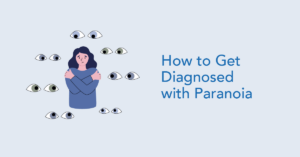
How to Get Diagnosed with Paranoia
Diagnosis starts with a mental health assessment: Share persistent fears or trust issues Rule out psychosis, trauma, or medical conditions A licensed clinician can determine the cause An estimated 3.2% to 4.4% of adults have paranoid personality disorder . This is more than just the average paranoia many people experience
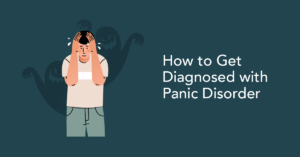
How to Get Diagnosed with Panic Disorder
Panic disorder is diagnosed through: Review of symptoms like chest pain, fear, racing heart Rule out physical health issues Frequent panic attacks are key to diagnosis Remember that time your heart pounded out of nowhere, your chest tightened and it felt like you couldn’t breathe? Maybe your hands shook, your
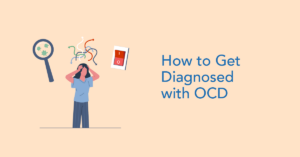
How to Get Diagnosed with OCD
OCD diagnosis requires a clinical interview: Look for distressing obsessions and repetitive compulsions Symptoms must interfere with daily life Screening tools like Y-BOCS may be used Seeking an OCD assessment can be one of the most important steps you’ll take on your journey toward better mental health. Obsessive-compulsive disorder affects

How to Get Diagnosed with Depression
Depression is diagnosed through: Clinical interview and tools like the PHQ-9 Symptoms must last 2+ weeks Includes mood, energy, and daily function Studies reveal that 21 million adults and 5 million teens between ages 12 and 17 have experienced at least one major depressive episode. More than just feeling down,
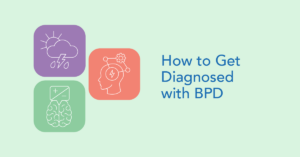
How to Get Diagnosed with BPD
BPD is diagnosed by a licensed mental health professional: Look for patterns in mood, self-image, and relationships Diagnosis requires a full history—not just symptoms Often misdiagnosed, so expert care matters If you’re wondering whether you might have borderline personality disorder, there’s no need to feel isolated or worried. Many people
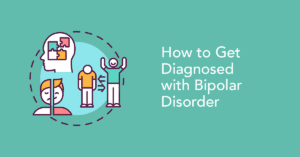
How to Get Diagnosed with Bipolar Disorder
Diagnosis focuses on mood patterns over time: Track depressive and manic/hypomanic episodes May involve mood charts, interviews, and family input Only a licensed provider can confirm bipolar disorder If you’ve been experiencing extreme mood swings — feeling on top of the world one day and deeply hopeless the next —